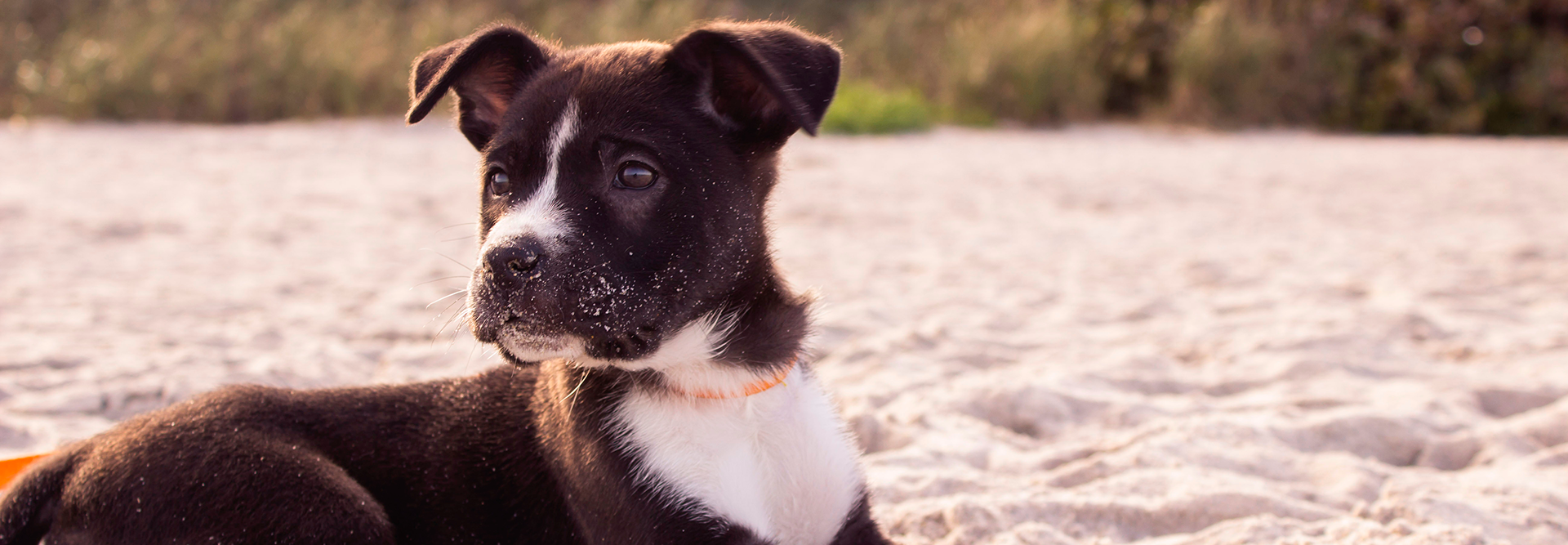
Rabbits are one of the cutest furry companions you can have in your home. Along with being fluffy and cuddly, they’re also low-key and easy to take care of. When choosing the right bunny, you will need to think about various factors in your life. Like cats and dogs, bunnies require lots of love and […]
Rabbits are one of the cutest furry companions you can have in your home. Along with being fluffy and cuddly, they’re also low-key and easy to take care of. When choosing the right bunny, you will need to think about various factors in your life. Like cats and dogs, bunnies require lots of love and attention from their owners to live a happy life.
And no, rabbits are not cage animals. They will need enough space to explore your home, and be themselves. To choose a pet rabbit that’s right for you, here are a few things you should consider:
Many novice owners think young rabbits are easier to litter train and keep than older ones. Like puppies and kittens, however, baby bunnies are exploring the world around them. They may end up having a few accidents during their explorations. You can eventually train your bunny to use a litterbox but you may face some challenges. Baby rabbits are similar to puppies and kittens—they’re full of energy!
When you litter train an adult rabbit, they will usually choose a spot they prefer to use. You can place a litter box in their spot and supervise them. They will eventually gain the habit of using it. Just make sure to give them treats (a slice of a banana will do!) and praises.
Bunnies are very fragile and delicate animals. They are easily spooked and are not fans of being carried. Young children do not make good owners of pet rabbits. If you have young children in your home, you must emphasize that you’re the rabbit’s primary owner. Always supervise and handle your bunny around younger members of your family.
You must also consider possible allergic reactions from you or your relatives. Test this by spending time around rabbits and observing any developing symptoms.
Rabbits usually get along with other pets. Sometimes they will engage in play or keep to themselves. Most cats are also tolerant of rabbits. If your kitty has a habit of chasing after small animals, however, a pet rabbit isn’t really a good idea. Some dogs may be friendly enough to coexist with a bunny. Many dogs breeds, such as terriers were once bred to hunt down rats, mice, and small mammals.
You may consider training your pup to understand and follow basic commands. But because of their hunting background, these pooches may have the natural instinct to chase after your small rabbit no matter what.
There are as many as 48 rabbit breeds recognized by the American Rabbit Breeders Association. Each breed has their own distinct set of needs and lifestyles. For example, English Lops have long drooping ears that can be prone to infection and scratches. Angoras have long beautiful fur that must be groomed regularly to avoid mats and hairballs.
Depending on the breed, some rabbits may come in small, medium, and large sizes. This means you will need to purchase an appropriately sized cage for them to stretch, use the litter box, eat, and play. You can take a look at our blog, 5 Popular Pet Rabbit Breeds for Families for some popular bunny breeds to choose from.
A rabbit’s personality is a crucial part of choosing a pet bunny. Many rabbits are clean, affectionate, and sociable creatures. Some may be shy or jumpy. Others may growl at first but warm up to you when you pet them. It all depends on how they react to new stimuli in their environment.
Remember that rabbits are prey animals in the wild, so they’re constantly on the lookout for potential predators (including you!). If a rabbit seems “mean,” it may mean you will need to gain their trust. Be sure to spend time with different rabbits so you know which bunny is right for you!
Don’t be surprised if the first rabbit you meet captures your heart—rabbits tend to do that often! What’s important is to make sure you have the time and energy to care for your furry friend. As long as you uphold your rabbit’s wants and needs, your bunny should live a happy and healthy life.
Brought home a new pet bunny? Check out our New Baby Bunny Take-Home Checklist for our tips and supplies!